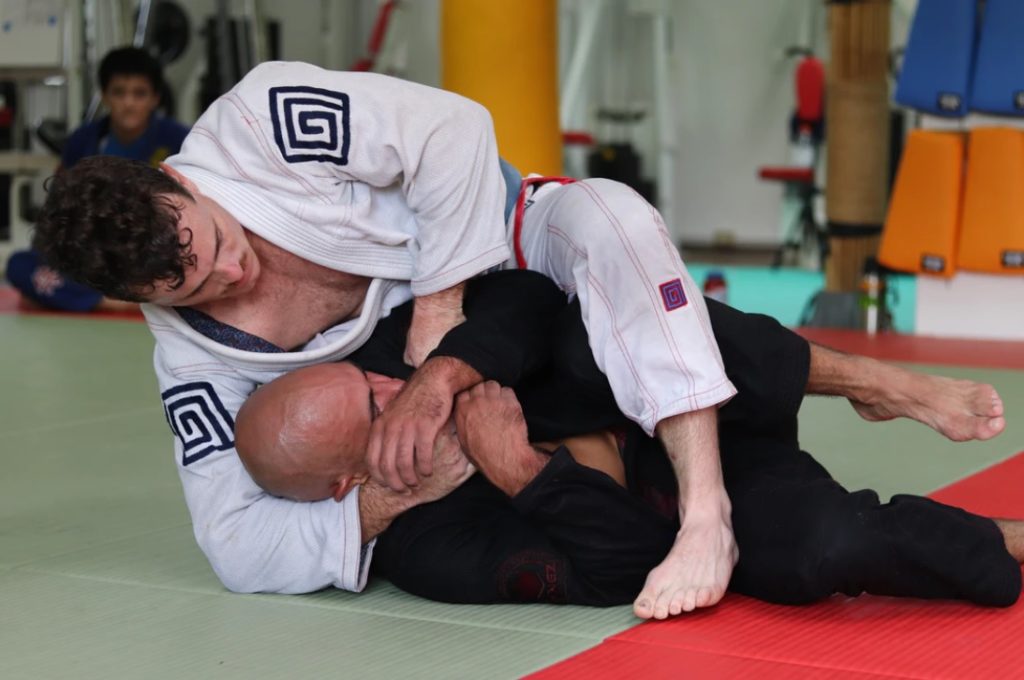Concussions are common in sports. According to a study by research gate, up to one-third of all high school and college sports players report sustaining at least one concussion during their lifetime. One in three people who have a concussion will experience another within a month. This is why it’s so important to remember the signs and symptoms of a concussion.
A concussion is an injury that affects the brain. The brain normally has very strong defenses against damage, such as bleeding or swelling. However, when you suffer a concussion, these protections are temporarily disrupted; this makes the injury more likely to cause long-term damage.
Recovery from a concussion isn’t simply about getting up from lying down or walking again after being knocked unconscious; many factors influence how quickly you recover from your injury. If left untreated, concussions can lead to neurocognitive deficits, impacting your everyday life for years to come.
Here are some factors that may affect recovery from a concussion:
The Severity of the Concussion
There are questions asked to determine the severity of your concussion. The information you provide is combined to create a concussion severity score between 0 and 6, with a score of 0 being very mild and 6 being very severe.
The severity score is important because: If your concussion is considered mild, then a shorter period between your injury and the time you first receive care may be enough to allow you to return to activity. If your concussion is considered moderate, your brain will have some resulting symptoms that likely won’t go away for several weeks.
This also means that you may need to modify your concussion recovery protocol. If your concussion is considered severe, it will be much harder to recover from, even if you quickly receive medical care.
The Age of the Person Who Suffered the Concussion
The brain is more sensitive as we get older, so the risk of sustaining a concussion is higher as we get older. The risk is lowest between 12 and 25 and highest between 35 and 64. For example, the risk of sustaining a concussion in the 10-to-19 age group is about 2-4% for those under 18 and about 8-14% for those between 18 and 35.
The Length of Time that Has Passed Since Sustaining the Injury
When you get a concussion, your brain is “shocked” and temporarily injured. This “shock” to your brain causes you to have concussive symptoms for a short period, such as dizziness or nausea.

As the brain recovers from this “shock” it will have less protection against further injury. In fact, after just a few days, the brain is, on average, recovering 70% of its normal function. If you suffer a concussion soon after the injury, your brain will still recover when you return to activity.
As such, it’s important to recover properly and to refrain from returning to activity too soon.
Other Injuries Sustained at the Same Time as the Concussion
Some people who suffer concussions also sustain a head injury, such as a fracture or a bleed, affecting recovery. For example, a head injury that develops simultaneously with the concussion can increase pressure on your brain, slowing down recovery.
This increased pressure can cause second-impact syndrome, resulting in serious complications such as memory loss, confusion, or impaired judgment. In addition, a second head injury may make matters worse.
Previous Concussion History: Whether You’ve Had One Before, and How Severe it was
A previous history of concussions will affect how quickly you recover from your current injury. A history of less severe concussions means that your brain is more likely to recover completely from your current concussion. However, if you have a previous concussion that was more severe, your brain may have less “scarring” and, therefore, may take longer to recover fully.
The Environment in Which You Recover from Your Concussion
Being in a place where you feel calm, safe, secure, and supported can help you feel better physically and mentally after being diagnosed with a concussion. Your recovery will also depend on the cause of your concussion, the severity of your injury, and how quickly you get help. If you have a severe concussion, the sooner you get help, the better your chances of a full and speedy recovery.
Concussions are common in sports, and it’s important to know the signs and symptoms of this type of injury. Certain factors may affect your recovery from a concussion. By remembering the signs and symptoms of a concussion and taking steps to recover properly, you can minimize the long-term effects.
